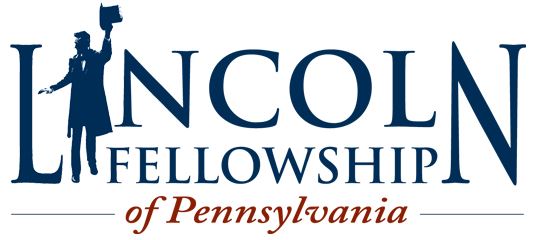
PHOTO COURTESY OF HENRY BALLONE
Remarks on the Gettysburg Address
Jon Meacham
“Dead, dead, DEAD, he yet speaketh!” Henry Ward Beecher cried in a sermon on the second Sunday after Ford’s Theater. “Disenthralled of flesh … he begins his illimitable work.”
An eternal element of that illimitable work, of course, are the words Abraham Lincoln spoke here in 1863. Defining the American nation as one “conceived in liberty, and dedicated to the proposition that all men are created equal,” the president called on his countrymen to so conduct themselves that “government of the people, by the people, for the people, shall not perish from the earth.”
Lincoln’s entwined themes: equality and democracy. In those words and in his deeds, he chose liberty over captivity, progress over stasis, right over wrong. Driven by the convictions that the Union was sacred and that slavery was wrong, Lincoln was instrumental in saving one and in destroying the other.
A key to Lincoln’s significance lies in his moral commitment to a larger good—an example of how the conscience of leaders and of the led has decisive implications for the life of the nation. There were political and practical reasons for Lincoln to do what he did. Yet there were also practical and political reasons for him to do the opposite of what he did. A constant in his calculus—sometimes decisive, sometimes not, but always there—was his moral opposition to human enslavement and his belief in a nation conceived in liberty.
This is not to celebrate him for moral perfection, for he was morally imperfect, but to illustrate that progress comes when Americans recognize the moral truth that all, not just some, possess common rights and are due common respect. In a democracy, the pursuit of power for power’s sake, devoid of devotion to equal justice and fair play, is tempting but destructive. Such is a reasonable extrapolation from the Gettysburg Address—and from the workings of own consciences.
Lincoln kept the American experiment in self-government alive when it seemed lost. He did not do so alone. Ordinary people, black and white, sacrificed to preserve the Union against the designs of the rebel South. Many of those are buried here. We are here to commemorate their deeds. We pray for the repose of their souls, and for the strength to be worthy of their sacrifice.
Lincoln Fellowship of Pennsylvania is a 501(c)3 Organization
P. O. Box 3372, Gettysburg, PA 17325
Email: lincolnfellowshipofpa@gmail.com
